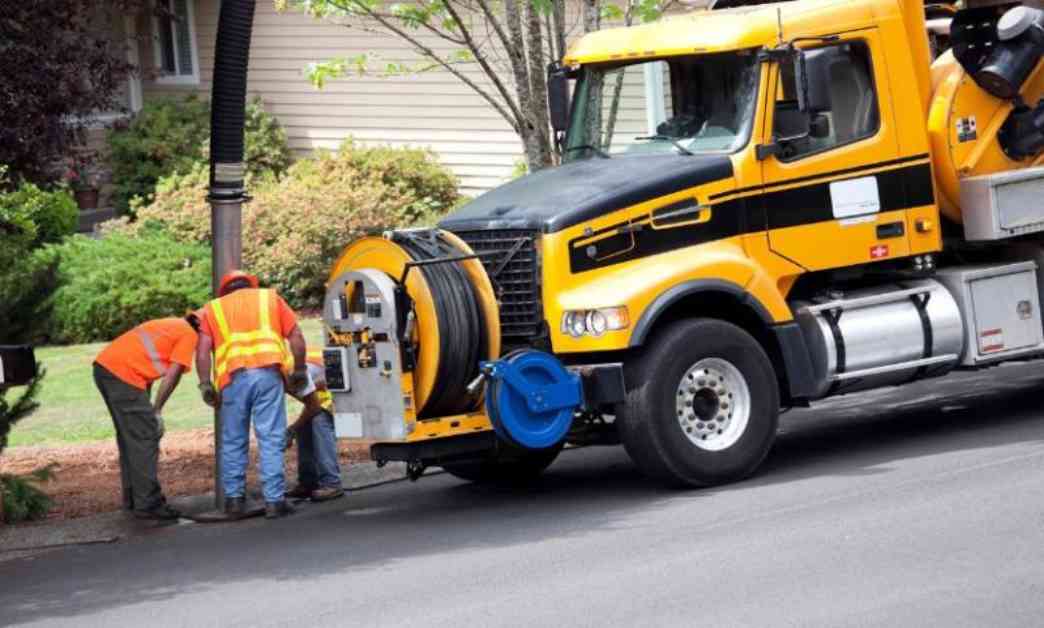The cable trays market is a crucial part of the electrical and construction industries. It provides support and protection for electrical wiring in various types of buildings. Cable trays help manage cables safely and efficiently, reducing accidents and clutter while making maintenance easier. The market is expected to grow at a strong rate of 8% between 2024 and 2032 due to increased infrastructure development, energy demand, and technological advancements.
Currently valued at approximately USD 1.3 billion, the global cable trays market is projected to reach around USD 2.4 billion by 2032 with a CAGR of 8%. Factors such as urbanization, industrial expansion, and investment in renewable energy sectors are driving this growth. Key industries dominating the market include energy, telecommunications, IT, and construction, with North America and Europe holding a significant share.
Several trends are shaping the cable trays market, including the demand for energy-efficient infrastructure, smart cities, and renewable energy sources. Innovations like fiberglass-reinforced plastic (FRP) trays and the use of ladder and perforated cable trays in industrial and commercial applications are gaining popularity. The market is also benefiting from increased investments in power grid modernization and modular data centers.
The global cable trays market is set for robust growth, driven by infrastructure investments and the adoption of automation and digitalization across industries. North America and Europe currently lead the market, but the Asia-Pacific region is expected to see rapid growth due to urbanization and industrialization. The market can be segmented based on type, material, and end-user, catering to various industries such as energy, construction, and IT & telecommunications.
Key players in the cable trays market include Schneider Electric, Hubbell Incorporated, Legrand SA, Eaton Corporation plc, Basor Electric Ltd, and Chalfant Manufacturing Co., among others. These companies offer a wide range of cable tray products for different industries, focusing on innovation, sustainability, and high-quality products.
While the market faces challenges such as fluctuating raw material prices and competition from alternative cable management systems, the emphasis on safety and efficiency continues to drive demand for cable trays. With the increasing need for robust cable management solutions in industries like IT, telecommunications, and commercial construction, cable trays are positioned as a key component in modern infrastructure development.
In conclusion, the cable trays market is expected to experience steady growth in the coming years, driven by factors like global energy consumption, renewable energy installations, and infrastructure modernization. The market’s evolution towards more efficient and advanced cable management solutions underscores the importance of cable trays in ensuring safety and reliability in electrical systems.
